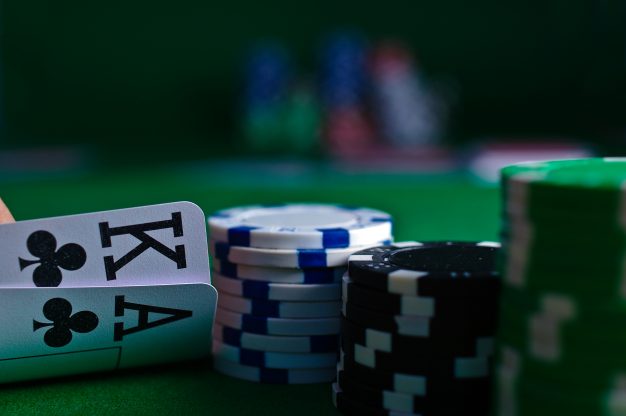
Sure, South Africa might be home to some of the most iconic gambling resorts and destinations in the world now, but how did the country get here? If a person looks beyond the fancy casinos and flashing lights, they’ll find that South Africa’s gambling history is nothing like an average Vegas story. Let’s unpack the fascinating history of how gambling in South Africa has changed shape alongside its people, from hidden dice games under apartheid to the rainbow-hued industry of today.
Charting South Africa’s Gambling Transformation
The country’s sometimes rocky relationship with chance and fortune has undergone a dramatic transformation during her journey towards social and economic change in some seriously intriguing ways. It wasn’t always easy to find new casinos in South Africa offering players countless ways to place bets safely and enjoyably online.
For longer than people might think, the Rainbow Nation’s relationship with gambling has been a wild ride. From the pre-colonial era, where indigenous games of chance thrived, to the restrictive years of apartheid where gambling was pretty extensively outlawed, South Africa’s gambling landscape has closely reflected its colorful social and political climate.
Unpacking the Changing Landscape
All the way back in 1965, the Gambling Act effectively banned most forms of legitimate gambling. Except, of course, the noble tradition of betting on horse racing. Probably because this export from the British Isles was deemed to be a purely sporting activity. Anyway, the Gambling Act of 1965 pushed gambling activities underground, which only caused illegal casinos and activities to flourish, particularly within segregated communities.
The winds of gambling change only began sweeping across the country in 1994, along with the arrival of democracy. Recognizing the economic potential of a regulated and properly controlled gambling industry, the National Gambling Act of 1996 changed the gambling game for South African citizens. The regulations finally brought casinos, sports betting, and the national lottery out of the shadows and allowed people to try their luck out in the open.
The legalization wasn’t smooth at first. In fact, even today a range of valid concerns about the potential social harms of gambling are discussed in online forums and at parliamentary proceedings. To tackle these challenges head-on, the National Gambling Board was introduced. This board was designed to regulate the industry and attempt to balance economic bonuses with responsible gambling initiatives.
Since the late 1990s, the industry has done pretty well for itself. Casinos and vibrant casino resorts now dot the landscape, and major sporting events like the Cricket and Rugby World Cups are beloved by local sports bettors. Online gambling still has some regulatory challenges to overcome, but now offers South Africans increasingly convenient ways to participate in today’s luck-infused landscape. Nobody really knows what a possible future with crypto might look like for new-age gamblers.
The Cultural Context
The story gets even more interesting if a person feels like taking a look at the cultural side of the country’s betting game. South Africa’s gambling story is a tale tightly woven with ancestral roots, lottery dreams, inherited good luck charms and loads of superstition for good measure.
Ancestral Gamblers and Dice-Throwing Divination
Believe it or not, South Africans have been rolling the dice, or something closely resembling dice, for centuries. And these indigenous games of chance weren’t just entertaining. They acted a lot like social glue by providing the nation’s ancestors with entertainment and sometimes even a way to take a sneak peek into the future.
Activities Under Apartheid’s Shadow
During the darkest times of apartheid, gambling wasn’t simply a game to distract; it also became a subtle act of rebellion. Many underground and hidden bars and shebeens became unlikely havens for downtrodden communities. Why? Because they offered a space for communities to laugh and socialize over friendly games of chance. They allowed people to reclaim some sense of normalcy in a flawed and divided system.
Lottery Tickets to Freedom
When the National Lottery landed in 2000, South Africans all over the country quickly jumped on the activity as an opportunity to escape poverty. Even now, the lottery’s cultural significance is undeniable and many will try their luck as often as they can for a chance to join the ranks of previous winners.
Superstitious Spins and Lucky Charms
South Africans love a good luck charm. So much so that the scene is regularly spiced up with a healthy dose of local beliefs and deeply held superstitions. Some lucky charms are passed down between family members through generations. Many individuals swear by their pre-game rituals for good fortune, and will even meet up with traditional healers before heading to a casino.
Obviously, it’s not all rainbows and sunshine. Cultural norms can unfortunately be a mask that hides problem gambling. Also, the rising accessibility of mobile platforms is raising real concerns. Perhaps by shedding some light on the cultural tapestry of gambling in South Africa, it might be possible to create a slightly more responsible and sustainable future for individuals and communities in the coming years